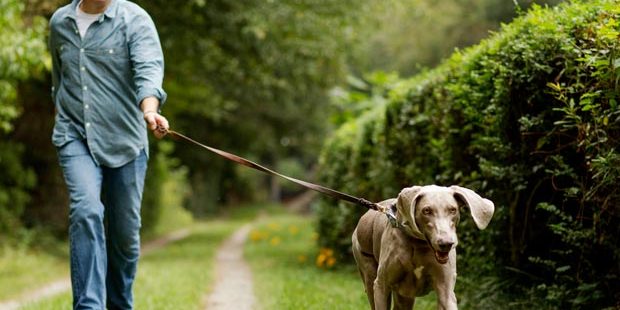Walking three times a week can nearly halve the risk of recurring back pain, according to a groundbreaking study. Low back pain affects around 800 million people globally, with 70% of sufferers experiencing relapses within a year. The study, published in the Lancet, highlights the significant benefits of walking in preventing the leading cause of disability worldwide.
Mark Hancock, senior author and physiotherapy professor at Macquarie University, emphasizes that the benefits can be achieved without extensive walking. Starting with short walks and gradually increasing distance and intensity is key. Walking is accessible and affordable, making it suitable for people of all ages and backgrounds.
The study followed 701 adults over three years, all of whom had recently experienced low back pain. Participants were split into two groups: one received walking and education sessions from a physiotherapist, while the control group received no specific intervention. Results showed that the walking group remained pain-free almost twice as long as the control group, averaging 208 days compared to 112 days. They also experienced fewer severe pain episodes, improved quality of life, and needed less time off work.
Participants were encouraged to build up to walking 30 minutes, five times a week, over six months. After three months, most were walking three to five days a week for an average of 130 minutes weekly. Walking is believed to benefit back pain through gentle movements, muscle strengthening, relaxation, stress relief, and the release of endorphins.
Rory Fagan, who joined the trial in 2021, found significant relief from his back pain after incorporating regular walks into his routine. Health experts, including Prof Kamila Hawthorne from the Royal College of GPs in the UK and Dr Athalie Redwood-Brown from Nottingham Trent University, praised the study, noting its potential to revolutionize preventive care for millions suffering from back pain.
You can read the full article by clicking here.
This page is also available in:
![]() Français
Français


